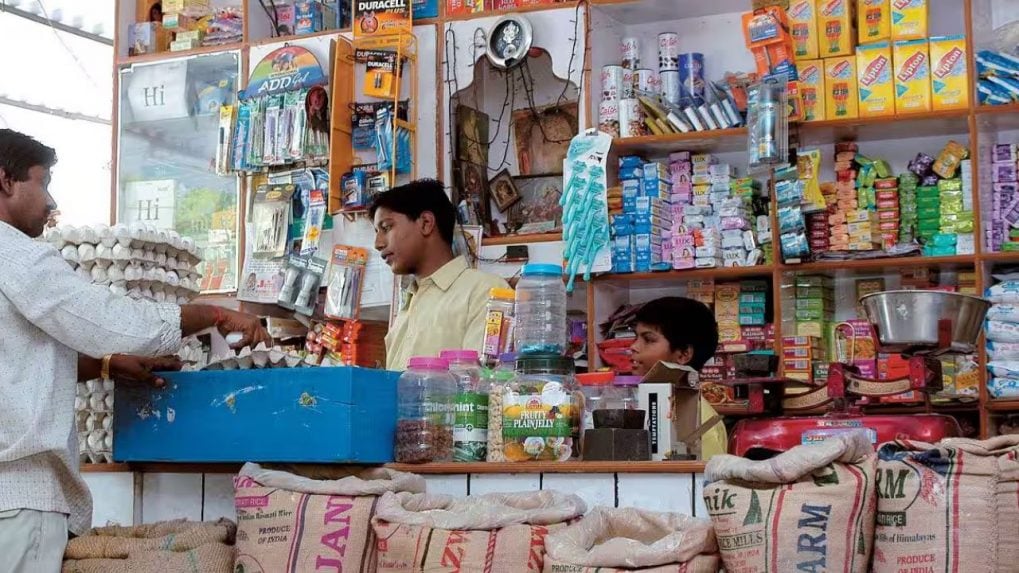Two lakh kirana stores forced to shut down due to rise of quick-commerce: AICPDF
All India Consumer Products Distributors Federation (AICPDF) has claimed that an estimated two lakh kirana stores have shut down in the last year because of the rapid expansion of quick commerce along with the economic slowdown.
ADVERTISEMENT
Over two lakh kirana stores reportedly have been forced to close down the shutters in last year because of the rapid expansion of quick commerce along with the economic slowdown, claims All India Consumer Products Distributors Federation (AICPDF).
The body representing over four lakh FMCG distributors in the country has also alleged that quick commerce players are creating an unfair playing field through deep discounting and predatory pricing, eroding the customer base and profitability of kirana stores.
According to the AICPDF study, kirana closures are most concentrated in metropolitan areas, where 45% of the reported closures occurred.
Tier-one cities account for 30% of the total closures, followed by tier-two and three cities at 25%. Overall, the country has over 13 million kirana stores.
Read more: Survival of fittest: E-commerce, q-commerce and the future of kiranas
AICPDF, on multiple occasions, has warned that if q-commerce continues its aggressive expansion into non-metro markets, up to 20-25% of these outlets could shutter in the coming years.
AICPDF highlights an ‘alarming’ trend of predatory pricing and deep discounting practices observed over the past few months, which they allege undermine the integrity of the established distribution network and erode brand value by creating unrealistic consumer expectations around pricing.
The body has also written to the Competition Commission of India (CCI) in the past to investigate the business models of quick commerce players alleging violations of FDI norms.
AICPDF alleged that the quick commerce platforms operated dark stores to bypass inventory regulations and engaged in predatory pricing and monopolistic behaviour.
In the latest move, it has sought an urgent intervention from the authorities including the Finance Ministry and the Ministry of Commerce and Industry to support kirana stores and said, "steps to regulate the quick commerce industry and create protections for small retailers are essential to preserve the heritage and economic role of India’s traditional retail sector.”
Read more: Dark side of dark stores: Q-comm brands like Blinkit, Zepto are quickly losing consumer trust
Last week, AICPDF also informed the Ministry of Road Transport and Highways about quick commerce companies using potentially uninsured private vehicles for deliveries.
"If things continue as they are, small retailers will become extinct over the next few years and an entire eco-system will be wiped out. It is difficult for kiranas to match the pricing offered by e-commerce giants who have deep pockets, large warehouses and a huge customer base all of which result in heavy discounts being offered to their customers," Natasha Treasurywala, Partner, Desai & Diwanji recently told Storyboard18.
Additionally, lucrative offers to attract consumers by e-commerce platforms do raise concerns about predatory pricing. Such offers and pricing may fall within the ambit of anti-competitive practices, as per experts.
Read more: Quick-commerce players' ad revenue stream grows; a key investment focus for advertisers
Sahil Barua, co-founder and CEO of Delhivery, at a recent event, noted that quick commerce is eating into the share of traditional retail. Meanwhile, DMart executive admitted that the business has experienced a marginal hit due to the rise of quick commerce.


